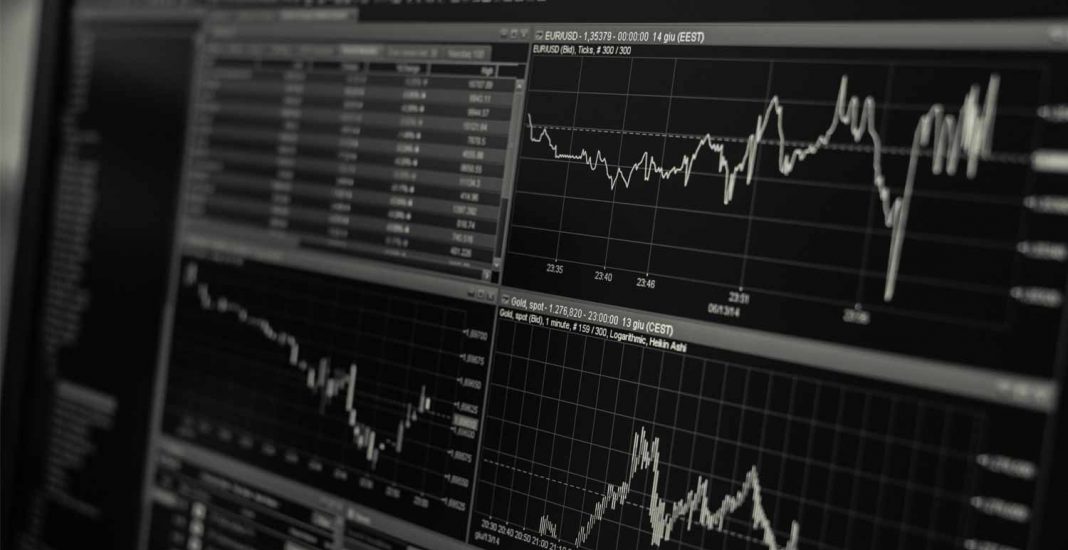The global forex market is witnessing a daily trade of over $4000 trillion, and is emerging as the largest financial market across the globe. Owing to the immense popularity of forex, traders of all levels ranging from amateurs to professionals are enticed by it.
Forex is easy to trade, there are round-the-clock sessions and you don’t need to put a high amount at stake to try it out. However, whether you are a well-seasoned professional or are just learning about the financial markets, it’s vital that you be wary of common pitfalls and don’t lose money.
Here are some essential tips that can help you avoid losing money in forex trading:
1. Start With A Practice Account
Nearly all trading platforms allow the traders to use the practice accounts, which are often referred as “Demo Account” or “Simulated Account”. One can place hypothetical trades with these accounts without requiring to put actual funds on stake. Using such an account, you can learn the different trading techniques and also become adept at the order entry techniques as small mistakes here can result in easy loss of money.
The most important part of a trading account is you can develop your own trading strategies and evaluate their effectiveness before getting stuck into real-time trade.
2. Learn Before You Trade
Forex is one of the easiest trading markets to understand and get involved in. However, just because it’s easy to get started it does not mean that you should enter unprepared. It’s vital to develop a thorough understanding of the various aspects of forex trading, and how the process of trading actually works.
You should also consider investing in some good Forex trading books to research the best trading strategies and top pitfalls which cause people to lose money in the markets.
3. Don’t Get Tempted By the Tools
Once you begin trading in the real world and open your forex trading account you will be provided with access to a plethora of technical analysis tools. Take these with a pinch of salt as some of them are a little biased and many do not show you the whole picture.
The most important consideration when using investment analysis tools is to look at how your stocks/shares have performed in the very long term and then consider any external factors which may have an impact on their performance.
4. Learn Money Management Techniques
Using the right money management techniques is very important to avoid losses during forex trading. Many seasoned traders agree that it’s not difficult to secure a trade at any price, but it is difficult to get out of the trade at the right time.
You should be aware of the techniques for money management and money saving strategies – especially the “Protective Stop Loss” to keep losses under control, if they occur.
5. Start With Small Stakes
After you have done your homework, spent time in your practice account and developed your trading strategies, it’s the right time to go live. You can now start investing and trading in real cash – start small, be patient with your trades and give them time to grow. As your confidence increases you can begin to increase your investments and operate at higher stakes.
Be wary of success, if you hit the right trade at the right time it can feel exhilarating but always be concious that trades can drop just as fast as they rise. To stabilise your level of risk, be sure to split your investment across multiple trades.
If you are new to Forex and are looking a reliable forex trading platform, take a look at ETX capital who offer an astounding array of trading and spread betting opportunities.




























